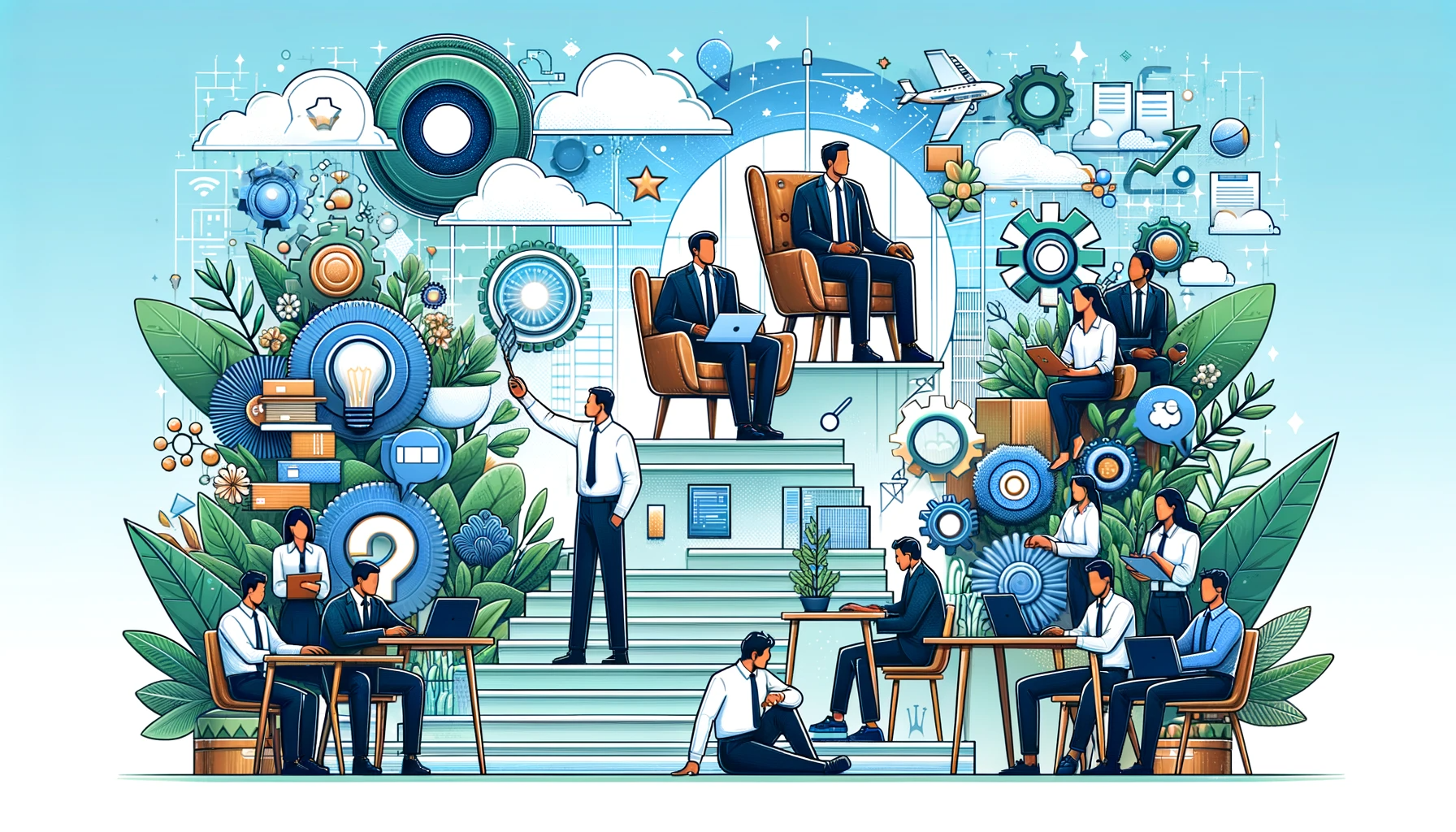In this exploration, I'll delve into the risks startups face when prioritizing customers at the expense of their internal foundation. The central concern I have is this: startups, quite rightly, need to focus on getting a great product out of the door and into the hands of their users. If the user is not the primary focus, your startup has a great chance of failing before ever has a chance of succeeding.
This means, quite literally, your team becomes a secondary concern. So what are the risks you are taking on and what can be done to help you build a sustainable team of excellent engineers?
The Seduction of Customer Delight
I genuinely believe that focus on th end user is critical. Even when it comes at the cost of the team. The trick, of course, is understanding that building an incredible team and taking care of them is crucial to user delight. However, there are some pressures that might encourage the company to become too obsessed:
1. Immediate Gratification: Delighting users yields quick wins – positive reviews, increased downloads, and higher user engagement. These outcomes can be intoxicating, drawing startups into a cycle of continuous customer appeasement.
2. Market Validation: A growing customer base serves as validation for a startup's product or service. It signals market acceptance and can attract attention from investors, further fueling the desire to focus on customer satisfaction.
The Hidden Costs
So how obsessed is too obsessed? Well, it's something you can both feel as well as measure:
1. Team Burnout: Overemphasizing customer delight can lead to overworking the team to meet ever-increasing demands. Burnout becomes a lurking threat, impacting productivity and, ultimately, the quality of the product.
2. Talent Attrition: Neglecting team development may result in an exodus of skilled talent. A high-stress environment, coupled with a lack of investment in personal and professional growth, can drive away valuable team members.
Finding the Right Balance
If the health and success of your team is not a component of how user delight is delivered, there is something amiss with your engineering strategy. Some things to keep in mind, in no particular order:
-
Invest in Team Development: Building a resilient and capable team is a long-term investment. Allocate resources for training, mentorship, and a positive work environment to ensure the team can meet the evolving challenges of a startup.
-
Align Customer Success with Team Success: Connect the dots between customer satisfaction and team well-being. A motivated and skilled team is more likely to deliver products that consistently delight users. Their success is intertwined.
-
Strategic Growth: Prioritize sustainable customer acquisition strategies over rapid, potentially unsustainable growth. This allows the team to scale alongside the customer base, preventing the detrimental effects of abrupt expansion.
The Road to Sustainable Success: A Fractional CTO's Role
As startups strive for the delicate equilibrium between customer delight and team development, the role of a Fractional CTO becomes paramount. In this intricate balancing act, a Fractional CTO serves as the linchpin, alleviating the pressure on existing tech leadership and allowing them to maintain an unwavering focus on product innovation.
1. Strategic Team Leadership: A Fractional CTO brings seasoned expertise in navigating the intricacies of team dynamics. By taking charge of team-related issues, from hiring and onboarding to fostering a positive work environment, they allow existing tech leaders to strategically steer the ship.
2. Culture and Morale Enhancement: With a keen understanding of the startup landscape, a Fractional CTO works to enhance team culture and morale. By implementing initiatives that promote a healthy work-life balance and professional growth, they contribute to a more resilient and motivated team.
3. Problem Solving and Crisis Management: When challenges arise, a Fractional CTO steps in as a problem solver and crisis manager. This enables the existing tech leadership to remain laser-focused on product development, knowing that the team is in capable hands, ready to navigate and overcome obstacles.
4. Resource Allocation and Optimization: Resource allocation is a critical aspect of team management. A Fractional CTO strategically allocates resources, ensuring that the team has the necessary tools, training, and support to excel. This allows tech leaders to concentrate on product optimization and innovation.
5. Long-Term Strategy Alignment: By aligning long-term team development strategies with the overarching business goals, a Fractional CTO becomes an integral part of the startup's success story. They work in tandem with existing leadership, ensuring that the team's growth aligns seamlessly with the evolving needs of the customer base.
In the symphony of startup success, a Fractional CTO harmonizes the diverse elements, allowing tech leadership to play their instrument – the product – with unparalleled focus. By entrusting team-related responsibilities to a Fractional CTO, startups can optimize their potential for both customer delight and internal resilience, creating a sustainable path towards lasting success.




